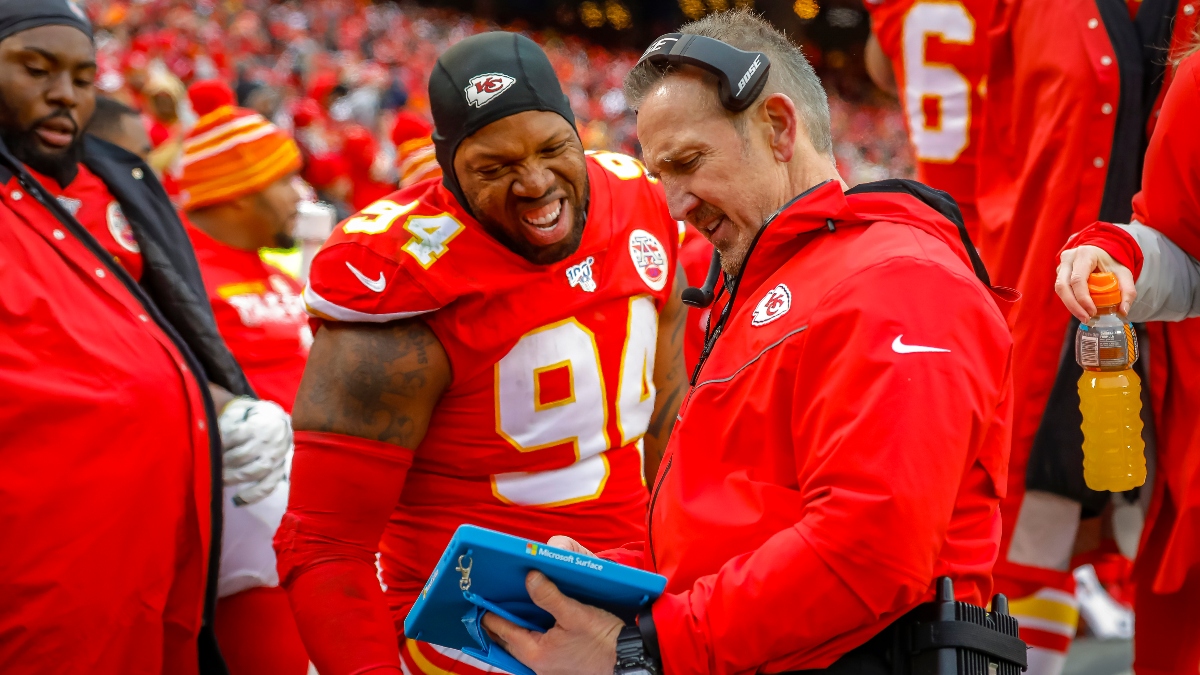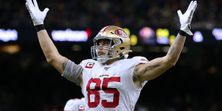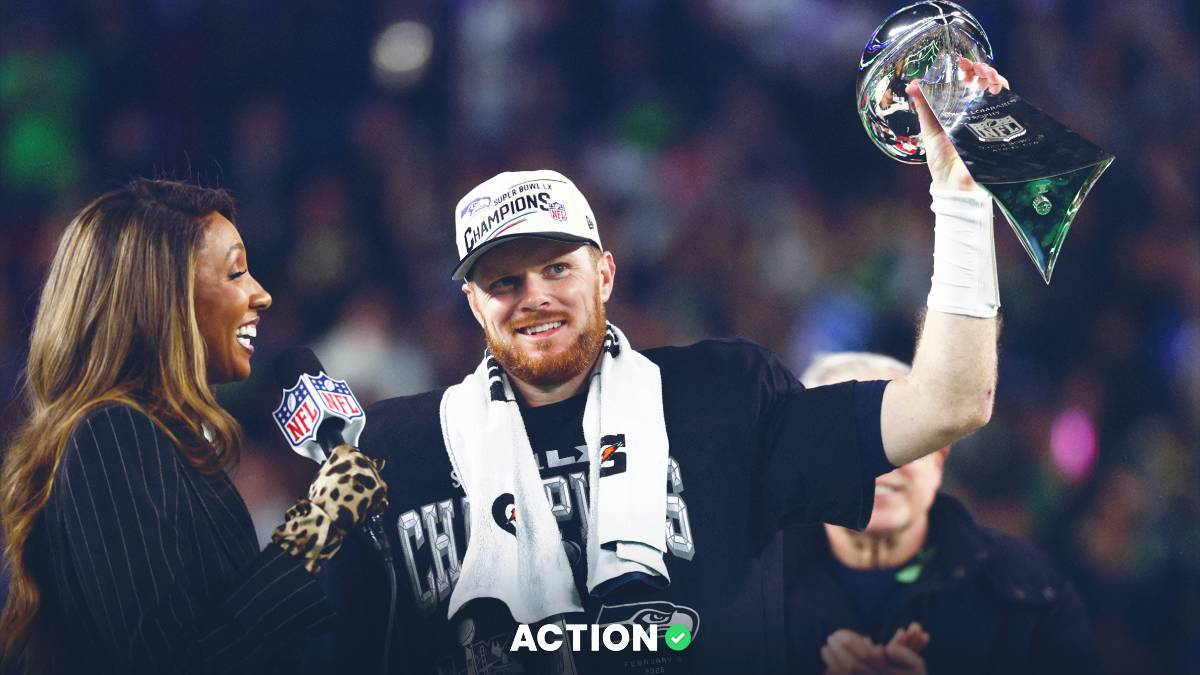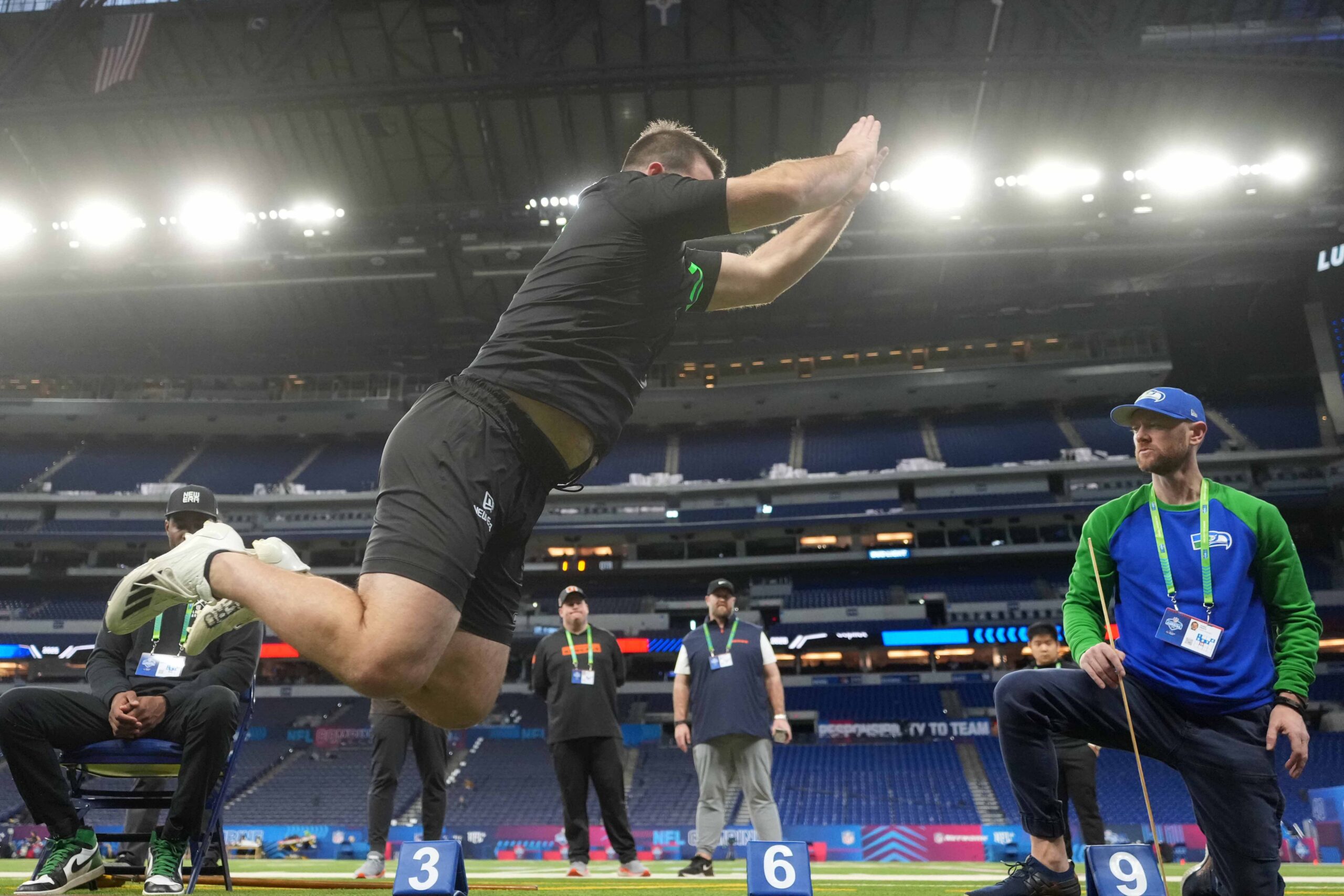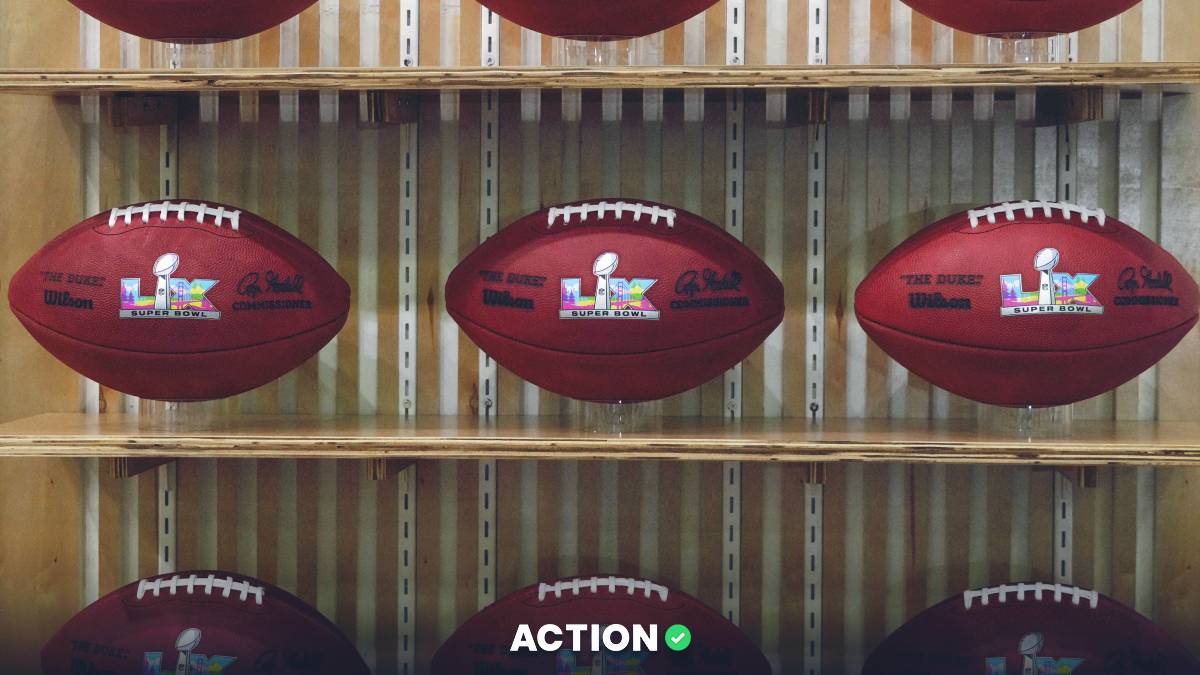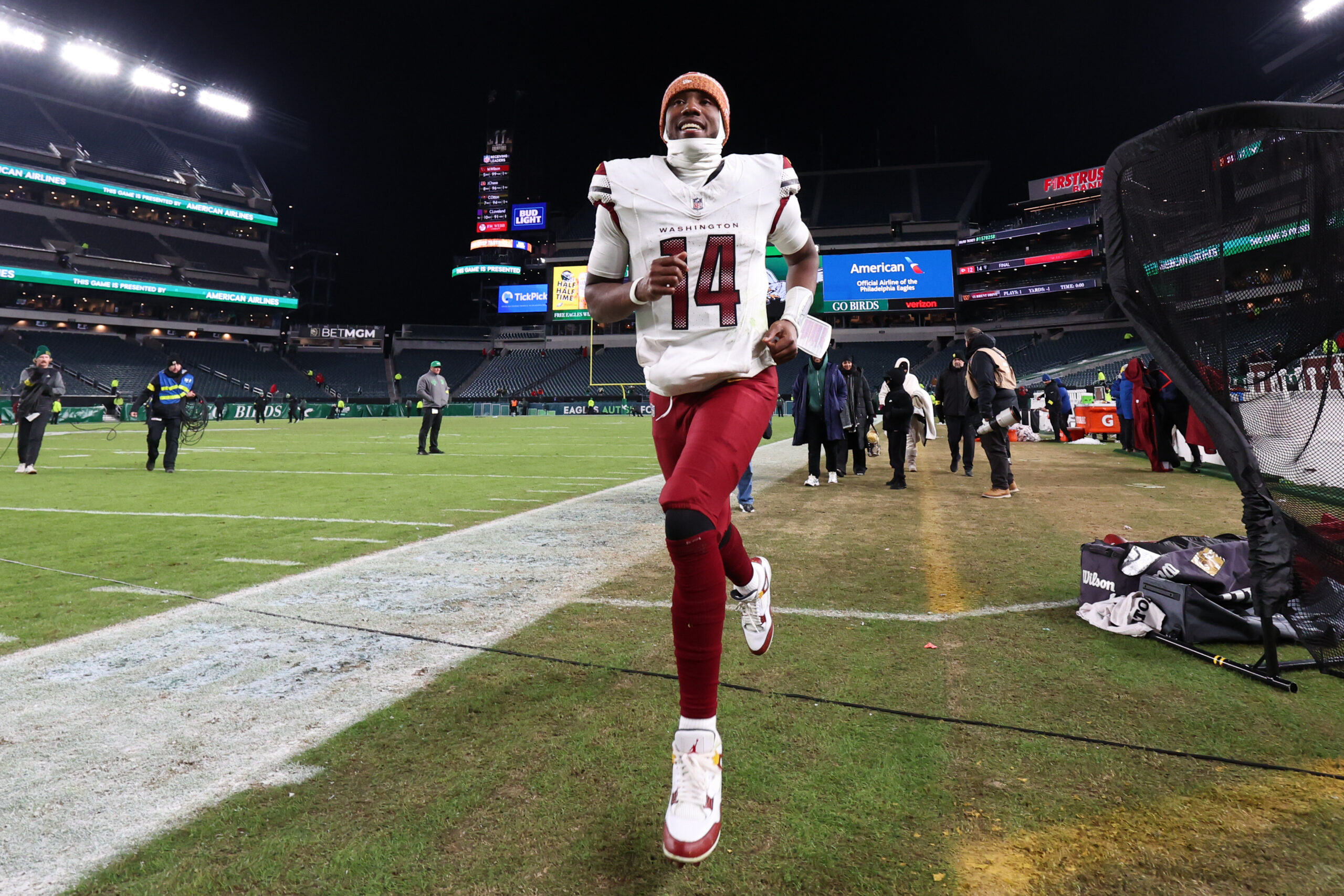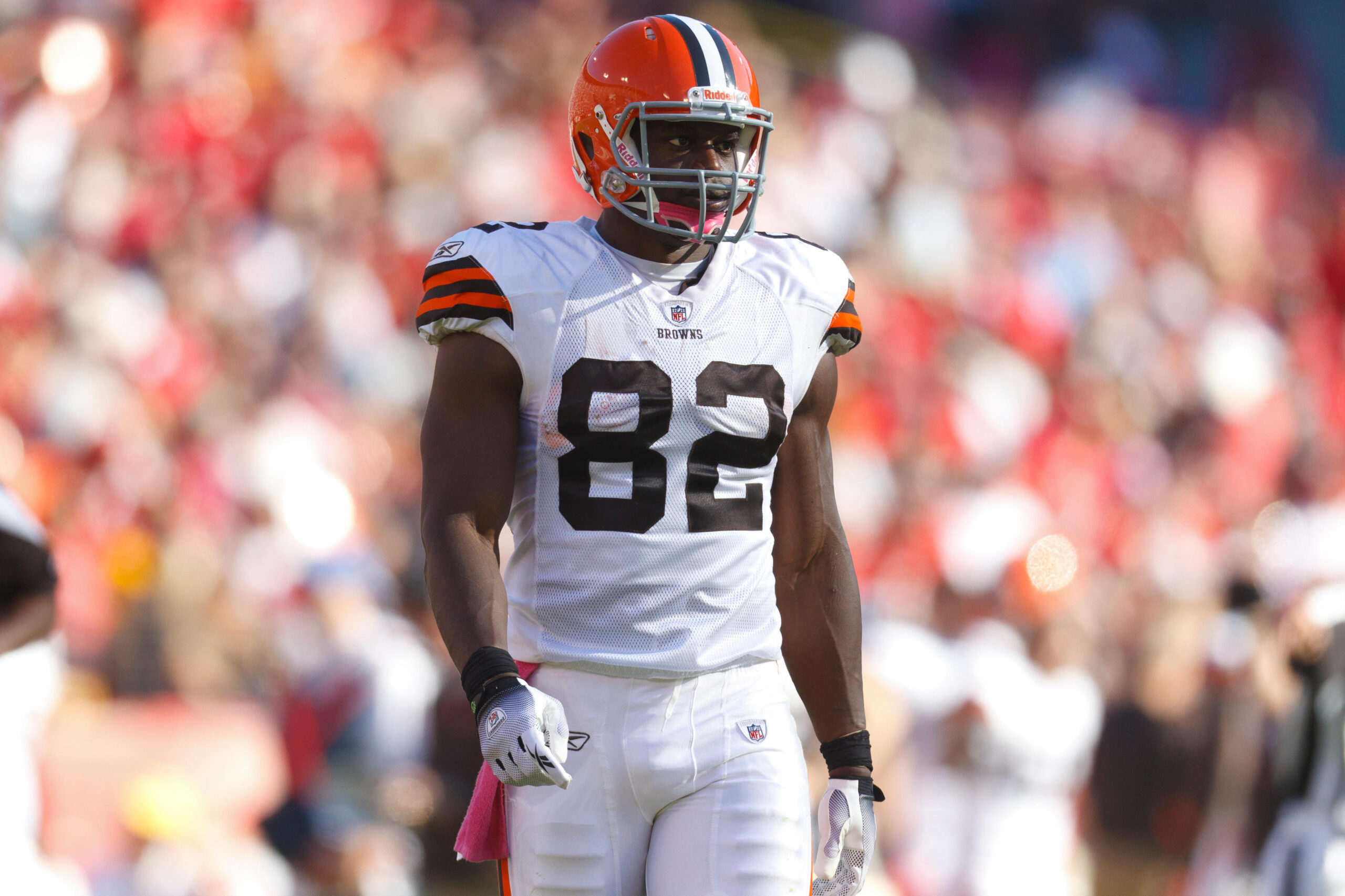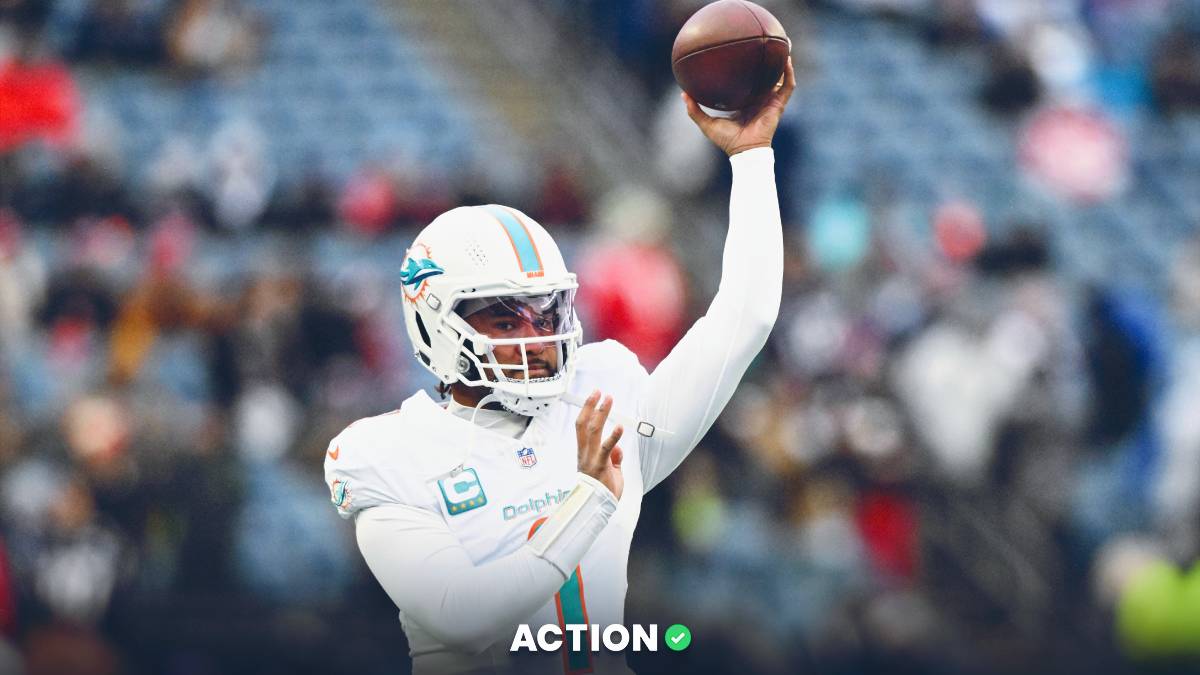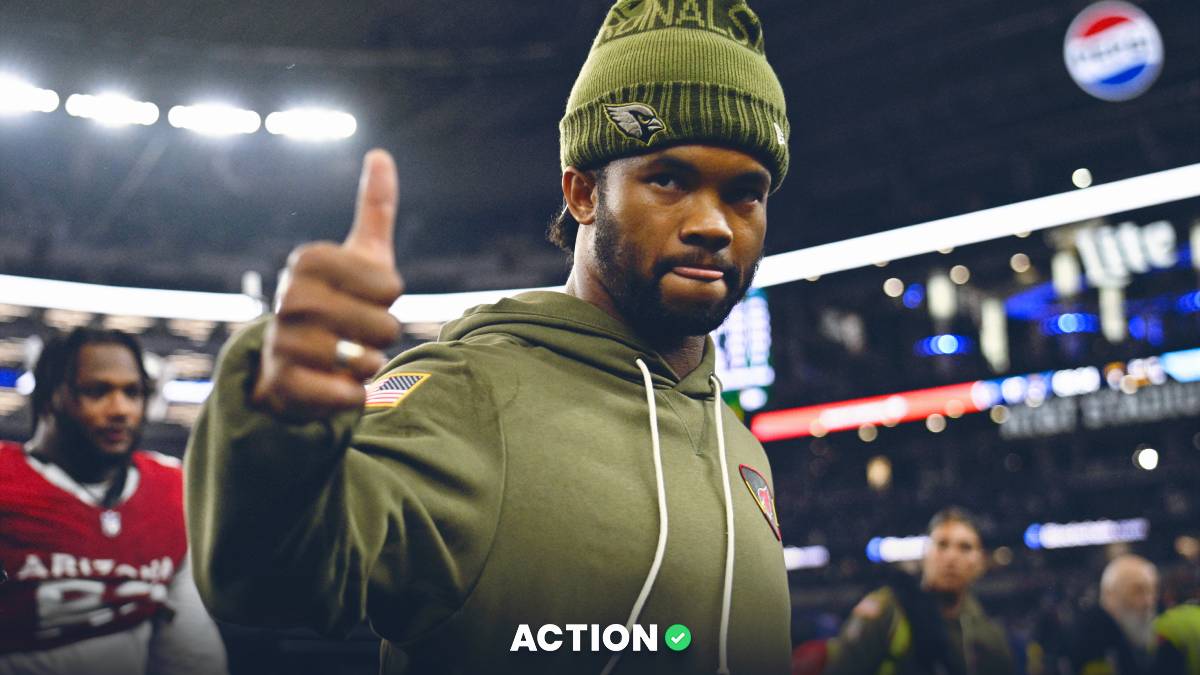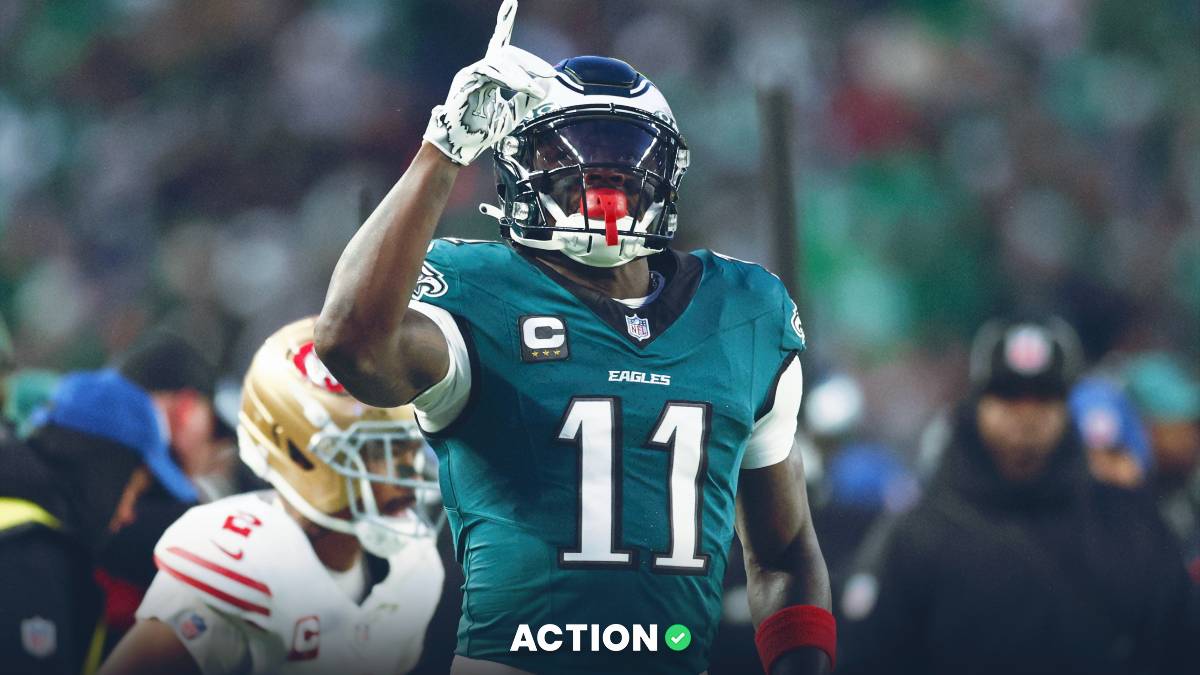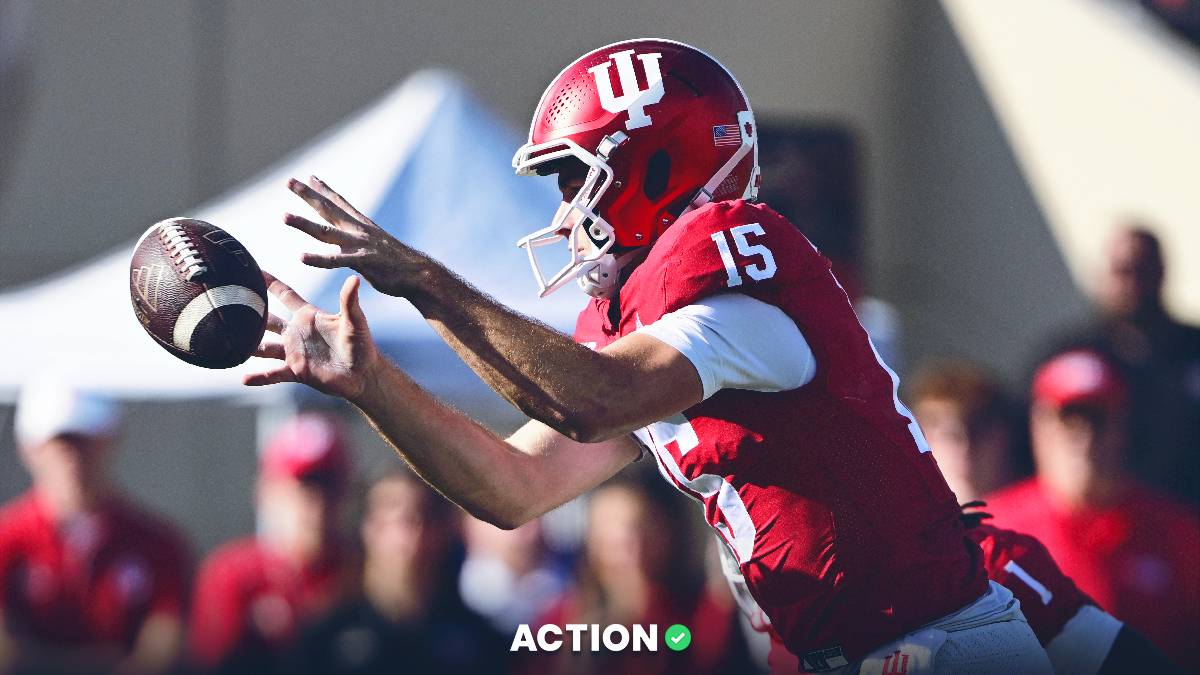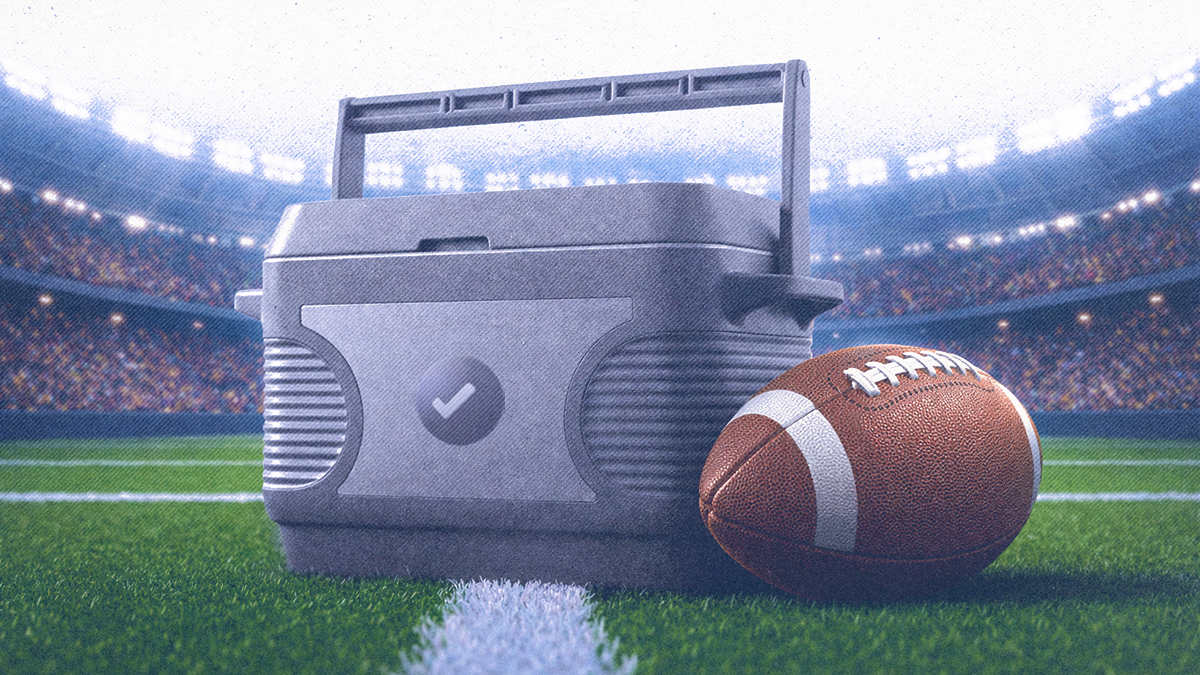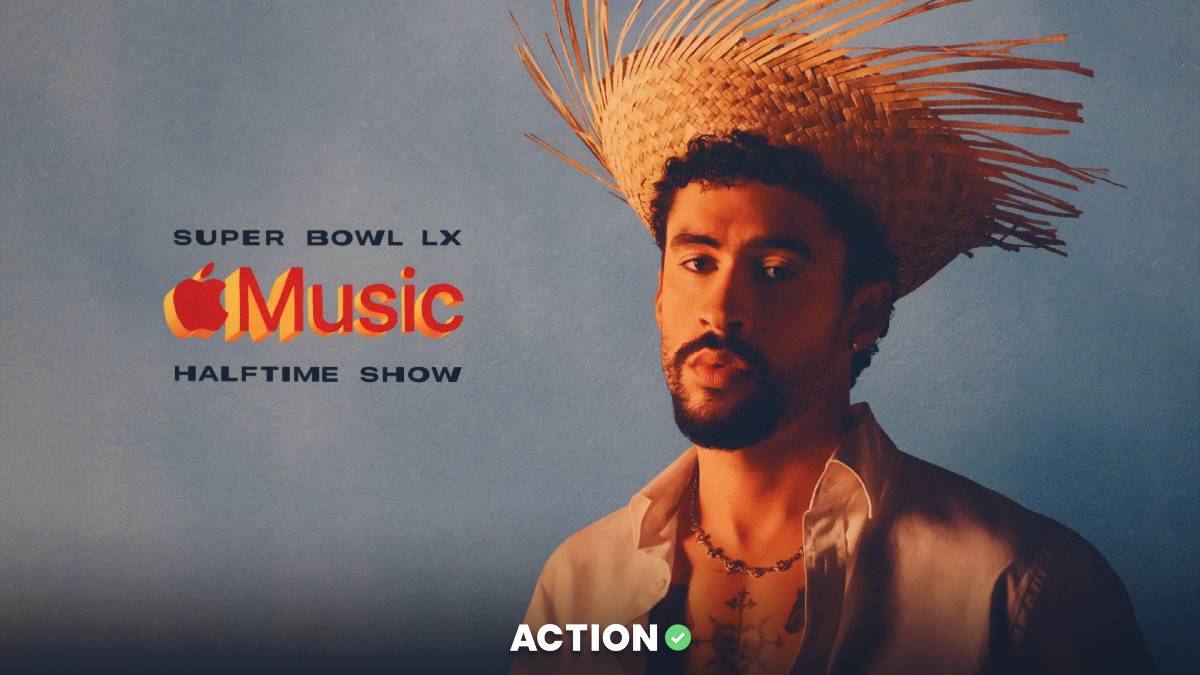One of the primary narratives we've been hearing over the past month and especially during the two weeks leading up to the Super Bowl pertains to the improved Chiefs' defense since the bye week. Plenty of pundits have pointed to a material bump in production over Kansas City's past seven games.
And on the surface, the numbers actually back up that claim. In the 11 games prior to the bye week, the Chiefs allowed 23.3 points per game and 5.7 yards per play. In the seven games since, including the postseason, they've allowed eight fewer points per game (15.5) and 0.8 less yards per play (4.9).
When I remove all junk-time drives (i.e. end of half with time about to expire, three-possession game in the fourth quarter), Kansas City allowed only 1.3 points per drive after the bye compared to 2.3 prior. And that's with almost an identical turnovers per drive number of right around 0.15.
These numbers all seem to suggest that this is a significantly improved unit. Maybe, but it deserves a deeper dive to really discern if this much-maligned defense is actually much better than it was in the first half of the season.
Let's take a closer look at the splits between the two different periods by examining a few key areas.
Pass Defense
Prior to the bye, 7% of passing plays against Kansas City went for at least 15 yards. After the bye, just 2% of passing plays went for at least 15 yards. In other words, it looks like the Chiefs improved their passing defense dramatically.
Stopping pass explosiveness is a huge deal against the 49ers, as San Francisco had the most explosive passing offense in the NFL this season. The 49ers don't throw it downfield often but when they do, they connect for explosive plays at as high of a clip as any team in the league. But should you trust the numbers?
After digging into each of Kansas City's final seven games, I remain skeptical that this defense is as good as the numbers suggest. Just take a look at who the Chiefs played over their final five regular season games:
- Home against the Raiders (heavy winds)
- At New England (outdoors)
- Home against the Broncos in a blizzard
- At Chicago outdoors against Mitch Trubisky
- Home against the Chargers
Throw in two home games against AFC South opponents and you have seven straight games outdoors in the cold — five of which came at Arrowhead. And the only offense ranked in the top 10 in explosive passing over that stretch was Tennessee.
The secondary is still the strength of this team but the explosiveness numbers in the second half are skewed by the opponents they faced, a heavy dose of home games and favorable weather. They won't have the benefit of any of those three on Sunday.
Plus, Kansas City lost safety Juan Thornhill in the last game of the regular season. And the rookie safety did so much on the backend in regards to deep coverage.
Verdict: This defense has given up explosive runs all season and should again on Sunday. It is a unit that grades out above average when it comes to limiting big pass plays but I'm not buying the elite level production after the bye, especially without the services of Thornhill.
Run Defense
On paper, it looks Kansas City's run defense clearly improved after the bye.
After removing all junk-time drives, Kansas City's run defense allowed a whole yard less per carry over its last seven games than it did in its first 11 contests, going from 5.3 to 4.3 YPC. For context, 5.3 yards per rush allowed would rank dead last in the NFL and 4.3 would rank just below league average. So, we are talking about numbers that went from putrid to just below average.
Over that same span, the Chiefs allowed runs of 10+ yards on 10.7% of non-kneeldown rush attempts after the bye. That's a major improvement from the 13.5% clip over the first 11 weeks of the season — and suggests a major improvement compared to the story that overall explosive rates tell.
One thing to note, though, is that Kansas City's rush defense faced much tougher opposition before the bye. The Chiefs faced five top-15 rush offenses over their first 11 games in comparison to only two over their final seven. They also faced fewer rush attempts per game after the bye because they were blowing teams out more often.
The Chiefs will now be going up against arguably the best (and most complex) rushing offense in the league — and one that ranked second in explosive run rate this season.
And before you ask, the presence of Chris Jones hasn't made much of a difference when it comes to defending the run. In 14 games with Jones, Kansas City faced opposing rush offenses with an average DVOA ranking of 17.1 and allowed 5.1 yards per carry in those games. And in the four games without him, the Chiefs only allowed 4.6 yards per carry against much better rush offenses (11.25 average DVOA).
That said, there is another way that Jones could have a major impact on this game. More on that later.
Verdict: The individual metrics don't lie. Per PFF, Kansas City has some of the poorest rated run defenders in the league at both linebacker and on the edge of the defensive line. This is still a very vulnerable rush defense that I still have as rated in the bottom-five.
Check out FanDuel, where Action Network users get a risk-free bet up to $500.
Conclusion
During the regular season, Kansas City's defense ranked 14th overall DVOA and only one spot better (13th) in Weighted DVOA, per Football Outsiders. The latter adjusts so earlier games are less meaningful which backs up my thoughts that Kansas City's defense didn't improve all that much after the bye.
The Chiefs defense is an average unit overall. It was earlier in the season and is now. They are below average when it comes to defending the run and above average (but not elite) when it comes to defending the pass.
The weakest unit of this defense resides at linebacker, which is why they struggle to defend the run as well as tight ends in the passing game. If they sell out to stop the run on Sunday, San Francisco is much more equipped to take advantage through the air over the middle of the field than Tennessee was.
George Kittle is the obvious choice to take advantage with mismatches over the middle of the field — especially on early downs as I assume Kansas City will try to double him on obvious passing situations.
Another guy that could really take advantage on early downs is fullback Kyle Jusczyk, who has excellent receiving skills. Look for him to have a few key catches up the seam and/or down the sidelines in a well-disguised passing play or two. I expect Shanahan to have a few plays drawn up for Jusczyk on early downs, considering the Chiefs best linebackers against the run (who you'd expect to see in on early downs) are the ones that struggle the most in coverage.
Kansas City's front-seven is healthy and the addition of Terrell Suggs has provided a slight boost, but this is still a sub-par unit that lacks discipline. That spells trouble against an offense that uses pre-snap motion and play-action as much as any team in the NFL.
This just isn't a good matchup for Kansas City's defense. That doesn't mean they are completely helpless. Jones will have chances to blow up the pocket and generate pressure up the middle against backup center Ben Garland. That could make all the difference in the world on passing downs in particular.
Kansas City could also create a game-changing turnover or two against a quarterback who can be careless with the ball at times. Tyrann Mathieu always seems to be around the ball and he could be the man for the job in that area — whether it's a key pick or forced fumble.
Verdict: These offenses are very different, but they still grade out as two of the most productive units in all of football. San Francisco also has an elite defense, which leaves Kansas City's D as the weakest unit on the field. That may be enough to tip the scales towards the 49ers, but then again, the Chiefs will have the best player on the field in Patrick Mahomes.


